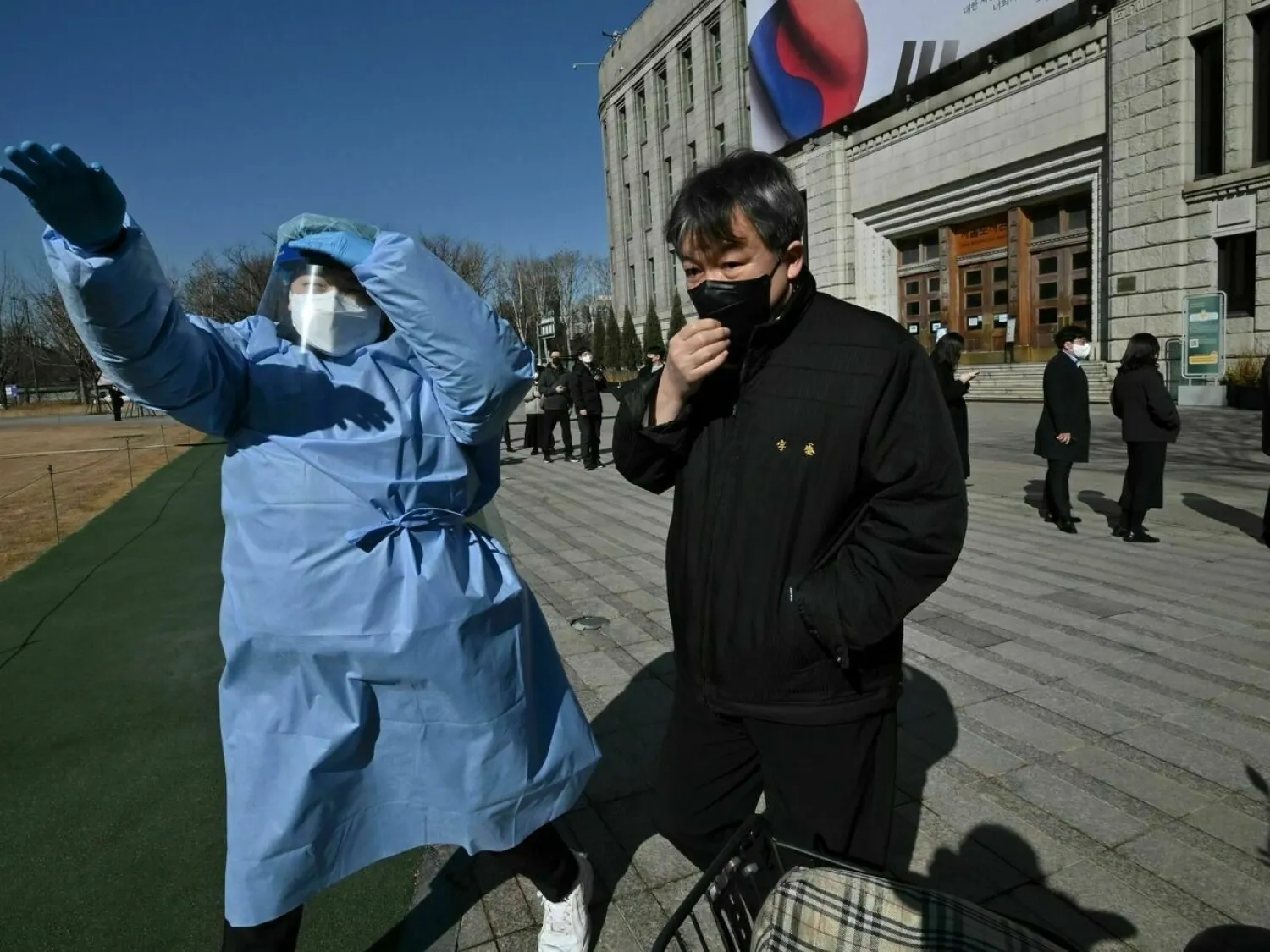South Korea reported more than 400,000 new coronavirus cases Wednesday, a new record, as the country continues to ease restrictions despite the Omicron-fuelled wave of infections.
Health authorities said 400,741 cases were recorded, the country's highest daily figure since the pandemic began two years ago.
The latest spike in cases is the "last biggest challenge" facing the country, Sohn Young-rae, a senior health official, told a press briefing.
The government had anticipated caseloads in this ballpark, he said, adding that they believed they were nearing the peak of the Omicron wave, reported AFP.
"If we overcome this crisis we will step closer to returning to normalcy," he added.
South Korea leads the world in newly reported cases in the last seven days, according to WHO data, with 2,358,878 cases, followed by Vietnam with 1,795,380.
The vast majority of South Korea's eligible population has been vaccinated and boosted, and despite the record number of infections in the country of 52 million people, death rates remain very low.
The country has also continued to relax its social distancing rules, under pressure from small businesses and self-employed Koreans who say years-long Covid restrictions had pushed their businesses to the brink.
The country now has a 11pm curfew for businesses and a six-person limit for private gatherings.
It will lift mandatory quarantine on arrival for fully vaccinated visitors from March 21.
The government is expected to decide whether to further relax or keep the current distancing guidelines this Friday.
Seoul abandoned its vaunted "trace, test and treat" program last month, as a dramatic surge in Omicron cases threatened to overwhelm its healthcare system.









